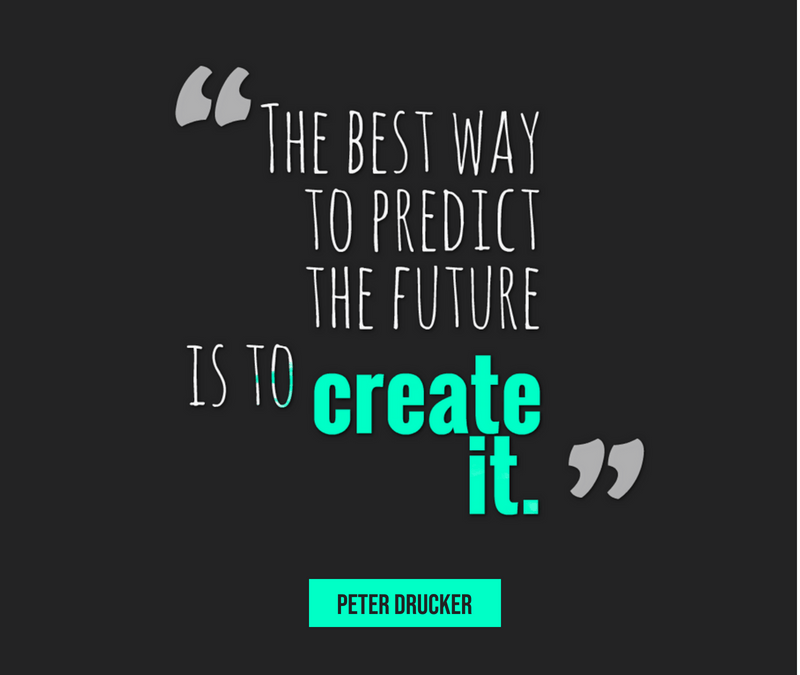In 1958 Moreese Bickham was sentenced to death after being falsely convicted of murder. For 14 years and seven stays of execution he lived on death row, in solitary confinement, for 23 hours a day. In total, he was incarcerated for over 37 years before being exonerated and walking away a free man in 1996. Upon his release he was quoted as saying: “I don’t have one minute’s regret. It was a glorious experience.”
Have you ever met someone who experienced a terrible event or a discouraging setback and, instead of complaining about it, they concluded they’re better off in the end? Whether it’s a toxic relationship, a life-threatening illness or, in the case of Mr. Bickham, being wrongly convicted of a crime, certain people somehow manage to experience happiness and gratitude when they don’t get what they want in life. Are they delusional? Are they in denial? Are they living a Pollyanna existence or perhaps merely crazy?
According to Harvard University social psychologist Dan Gilbert, people who are able to frame a terrible experience in a positive light are far from crazy. They’re simply in touch with their capacity to synthesize their own happiness.
Synthesized happiness is the capacity within the human brain to feel happy about an unexpected or unwanted outcome. It’s happiness we ‘manufacture’ when we don’t get what we want. The Bickhams of the world aren’t crazy, in denial, or rationalizing their experiences – they’re merely displaying the ability to manufacture their own happiness.
It’s easy to feel happy when we get what we’re after in life: the dream vacation, a bigger salary, earning a degree, becoming physically fit. But what happens when life hands us a situation that’s less than ideal?
While we can’t always get what we want, it’s possible to learn how to like what we get. During his incarceration, bitterness and anger could have consumed Moreese Bickham. Instead, he seized the experience as an opportunity and learned leather making, worked in the visitor’s center, maintained a garden, and became an ordained minister. His happiness was determined by his behavior, how he perceived his relationships, experiences, and circumstances.
Creating your own happiness isn’t about fooling yourself, settling, rationalizing, or living in denial. It’s about finding what to like about a particular situation and realizing that even the worst circumstances bring with it something to be positive about.
Most of us will never experience the kind of injustice Mr. Bickham did, but the world is full of uncertainty. Even under normal circumstances it’s human nature to overestimate our desired outcomes and, by extension, overestimate the happiness we expect to experience in any given situation. That can lead to a lot of disappointment. Synthesizing happiness allows us to accept the uncertainly and disappointment by manifesting positive thoughts when things go wrong. When we’re better able to accept uncertainty and setbacks, or even welcome them, happiness can flourish.
People who are able to find hope in hopeless situations tend to be healthier, have more positive relationships, and live longer. These people aren’t faking it - they genuinely believe things worked out for the better.
No situation is all good or all bad. The key to synthesizing your own happiness is to look for the good in every event and circumstance. Practicing synthesized happiness lets us see a less than ideal situation in a new, positive light. Moreese Bickham’s experience is proof that happiness is achievable under any conditions. He manufactured his own happiness by making the best of his circumstances and you can too.
The next time you find yourself feeling like you’re in a terrible situation ask yourself, what’s one positive thing I can take away from this situation?
Once you come up with one good thing ask yourself, what’s another good thing about this situation? This triggers the mind to create alternative perspectives and focus on the positive.
It’s no secret that life is full of challenges, disappointments, and heartbreak. Having the ability to interpret less-than-ideal outcomes in a positive light – to manufacture your happiness no matter how dire the situation you face - makes it easier to focus on the bright side of life and experience more joy.
The next time you find yourself missing out on the happiness you want, take charge and manufacture it yourself – it will be a glorious experience!









Leave a Reply